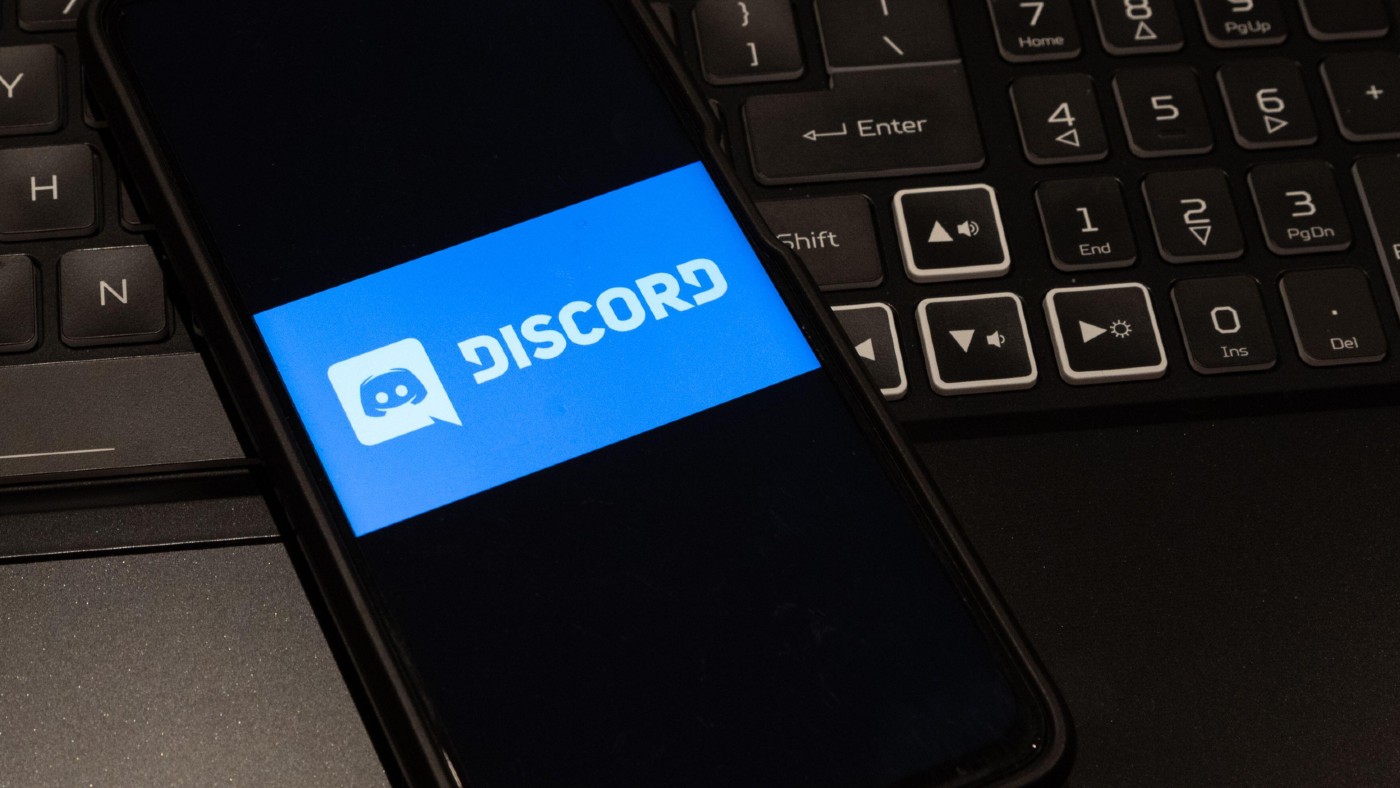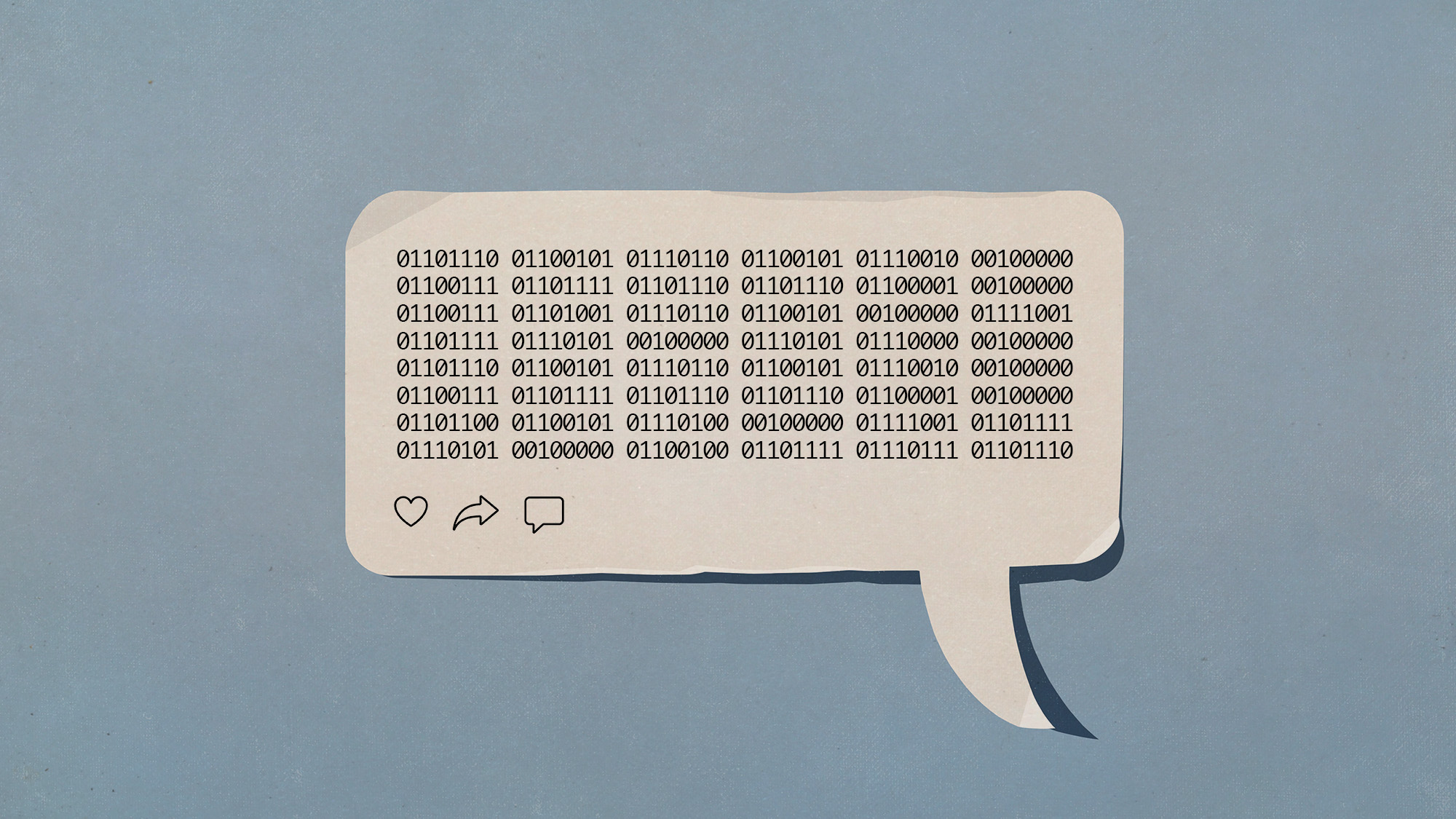Discord: the instant messaging social platform
App that favours anonymity and attracts young users has sparked safety concerns

A free daily email with the biggest news stories of the day – and the best features from TheWeek.com
You are now subscribed
Your newsletter sign-up was successful
An elite boys’ school in Sydney has expelled several students after “deeply disturbing” messages posted on a secretive social media platform were exposed by a newspaper.
An investigation found that teenagers had been using Discord to post “a mixture of sexist, racist and anti-Semitic sentiments coupled with several extreme anti-abortion statements” – content they “were assured would never be discovered by their teachers”, reported the Daily Mail.
The social media platform in question, which has a monthly user base in the hundreds of millions, is favoured by Gen Z as a method of online socialising, but its emphasis on anonymity and the ease with which it allows strangers to communicate has sparked safeguarding concerns.
The Week
Escape your echo chamber. Get the facts behind the news, plus analysis from multiple perspectives.

Sign up for The Week's Free Newsletters
From our morning news briefing to a weekly Good News Newsletter, get the best of The Week delivered directly to your inbox.
From our morning news briefing to a weekly Good News Newsletter, get the best of The Week delivered directly to your inbox.
Founded for gamers
Founded in 2015 by Jason Citron and Stan Vishnevskiy, California-based Discord was initially intended to “solve a big problem: how to communicate with friends around the world while playing games online”, the platform’s website explains.
The encrypted desktop, web and mobile app had 140 million monthly active users at the end of 2020, almost 80% of whom are based outside of North America. They log on to the platform to “discuss their mutual interests in anime, fitness, religion, books, parrots, and… crypto”, said Morning Brew, a popular daily newsletter.
Discord experienced a surge in users during the pandemic, with teens favouring its messaging channels as a means of keeping in contact with friends during lockdowns. Back in March 2020, Vox reported that the platform was enabling people “to create semi-private, invite-only servers” to mimic “something closer to offline interaction”.
As a result of this success, the company rebranded in 2020, distancing itself “from its gaming-oriented roots to become a more general platform similar to Skype”, said the men’s fashion and culture platform Hypebeast. Now around 80% of Discord users report using it for non-gaming purposes or for a combination of gaming and other activities.
A free daily email with the biggest news stories of the day – and the best features from TheWeek.com
Invite-only chat
Discord has many similarities to the workplace app Slack. Free to sign up for with just a log-in and password, any user is able to set up a chat group known as a “server”. Servers enable text messaging in chat “channels”, as well as the possibility for video calls both directly or in small groups.
Most servers are invite-only, the majority containing fewer than ten people, according to the platform. Larger, more open servers typically focus around a specific topic such as games like Minecraft or Fortnite. According to Followchain in February, there were around seven million servers on Discord, with the largest (“Official Fortnite”) featuring 815,000 members.
Unlike Slack, Discord has a “prominent voice chat feature that can be active all the time”, allowing users “to talk to each other in real time while they multitask”, explained Vox. There is also a screen-sharing feature, so groups of people can simultaneously watch a film.
Anonymity comes at a price
Discord is “known for a culture of anonymous and pseudonymous discussion”, said The Atlantic, in a way which has drawn comparisons between the platform and the basic chat rooms that were so ubiquitous in the early days of the internet.
The platform’s huge popularity among Gen Z users in particular suggests that “we’ve arrived at a new era of anonymity”, added the magazine, “in which it feels natural to be inscrutable and confusing… There just isn’t any good reason to use your real name anymore.”
But this anonymity – a key factor behind Discord’s success – comes at a price. Over the years, the platform has been repeatedly forced to shut down neo-Nazi and alt-right servers. “Since Discord is a private chat platform, its approach toward monitoring hate speech has been different and arguably more lax than more public-facing platforms like Facebook or Twitter,” reported The Verge in 2018.
And as “a trade-off for letting users remain anonymous and largely unchecked”, Discord is “teeming” with cryptocurrency scammers, added Morning Brew.
Safeguarding concerns
Discord recently updated its minimum age requirement for users to 17, from 13, but the social network has made headlines for failing to protect young people from potentially abusive users.
Speaking to CNN earlier this year, a woman said she had shut down her 16-year-old daughter’s Discord account after discovering that a user was “manipulating, tracking and planning to exploit her daughter”.
Another woman said her 13-year-old’s mental health was impacted after a conversation in a Discord chat room turned sour. “I later found out she was actively engaging in self-harm and had planned to run away to Alabama to visit a friend she made on Discord,” the mother told CNN.
Despite various safety initiatives that have been put in place, it is still possible “for minors to connect with people they don’t know on public servers or in private chats if the stranger was invited by someone else in the room”, explained the US news outlet.
According to Discord’s Transparency Report for 2021, there were 143,185 reports by users of harassment on the platform, as well as 47,972 of cyber-crime, 35,219 of graphic content and 36,150 of exploitative content.
-
 The ‘ravenous’ demand for Cornish minerals
The ‘ravenous’ demand for Cornish mineralsUnder the Radar Growing need for critical minerals to power tech has intensified ‘appetite’ for lithium, which could be a ‘huge boon’ for local economy
-
 Why are election experts taking Trump’s midterm threats seriously?
Why are election experts taking Trump’s midterm threats seriously?IN THE SPOTLIGHT As the president muses about polling place deployments and a centralized electoral system aimed at one-party control, lawmakers are taking this administration at its word
-
 ‘Restaurateurs have become millionaires’
‘Restaurateurs have become millionaires’Instant Opinion Opinion, comment and editorials of the day
-
 Moltbook: The AI-only social network
Moltbook: The AI-only social networkFeature Bots interact on Moltbook like humans use Reddit
-
 Are Big Tech firms the new tobacco companies?
Are Big Tech firms the new tobacco companies?Today’s Big Question A trial will determine whether Meta and YouTube designed addictive products
-
 Is social media over?
Is social media over?Today’s Big Question We may look back on 2025 as the moment social media jumped the shark
-
 Australia’s teen social media ban takes effect
Australia’s teen social media ban takes effectSpeed Read Kids under age 16 are now barred from platforms including YouTube, TikTok, Instagram, Facebook, Snapchat and Reddit
-
 Trump allies reportedly poised to buy TikTok
Trump allies reportedly poised to buy TikTokSpeed Read Under the deal, U.S. companies would own about 80% of the company
-
 What an all-bot social network tells us about social media
What an all-bot social network tells us about social mediaUnder The Radar The experiment's findings 'didn't speak well of us'
-
 Broken brains: The social price of digital life
Broken brains: The social price of digital lifeFeature A new study shows that smartphones and streaming services may be fueling a sharp decline in responsibility and reliability in adults
-
 Supreme Court allows social media age check law
Supreme Court allows social media age check lawSpeed Read The court refused to intervene in a decision that affirmed a Mississippi law requiring social media users to verify their ages